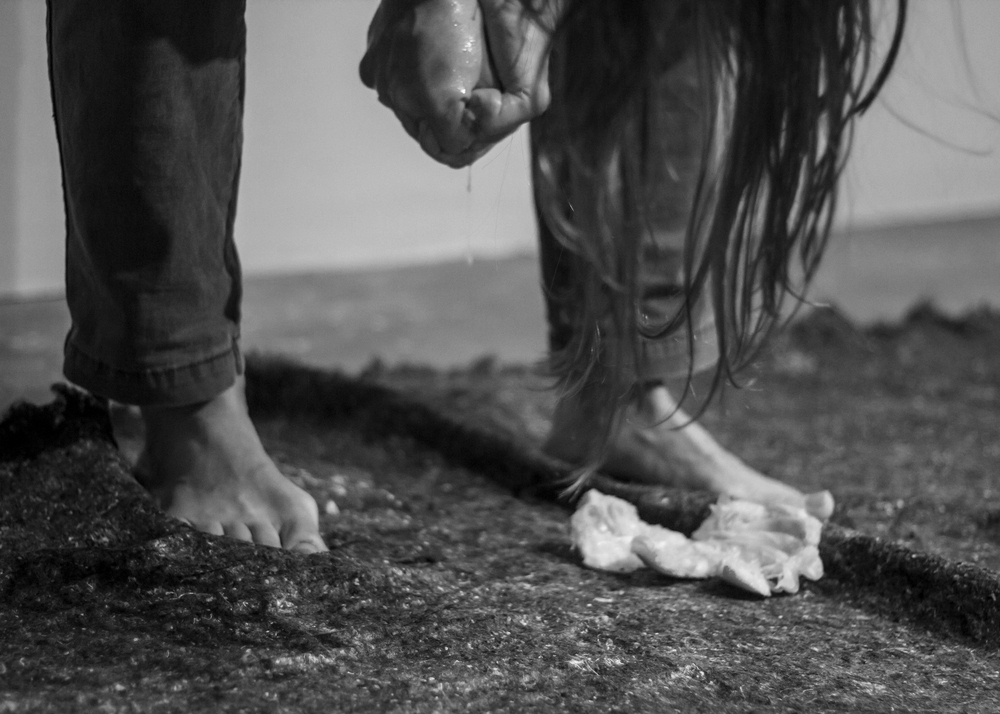
LEMON AID
first performed on January 16, 2020
The European Cultural Centre
performed once in 2020
ALLISON HORNAK
n/a
New Haven, Connecticut, United States
652312036a652312036l652312036l652312036.652312036i652312036s652312036.652312036u652312036n652312036.652312036s652312036t652312036u652312036d652312036i652312036o652312036@652312036g652312036m652312036a652312036i652312036l652312036.652312036c652312036o652312036m
www.all-is-un.space/
LEMON AID
ALLISON HORNAK
I was in Venice for ten days. It was January 2020, a narrow space of time between unprecedented seawater rise taking over the islands and Italy itself being one of the first countries ravaged by the coronavirus. The flooding was understood to be a consequence of numerous forces: global warming, the dredging of canals to allow for larger ships, pollution runoff and swelling industry and tourism. It had been a ten-hour flight from the United States, and each day from my hotel on the mainland I bussed over the lagoon waters to Cannaregio, the city’s most populous district. My practice is invested in naming and critiquing my consent within extractive systems, particularly within the context of, and in opposition to, White Anthropocenic Narration, and though the waters were receded, I carried an awareness of my participation within the pressures which had overflowed them. One day I saw a quote in a newspaper by Jane da Mosto, a Venetian environmental scientist, that her old city was being “squeezed like a lemon.” Here was a distinctly different image of that fruit than the plush, painted ones filling my western art imaginary.
“Lemon Aid” began in a landscape. A lemon inhabited an area on the opposite end of a space from my body. It was slowly approached, gazed at and encircled by my body. After a period of beholding the fruit through changing angles, speeds, heights and temperaments, the body obtained it. The body greeted it, held it, explored it. At times the body cared for the fruit. Other times it turned to obsession. There were moments when it appeared the coveted fruit created pressure on the body. Still in turn, the body, through shifting degrees of excitement, put pressure over the lemon. An exchange of pressures ensued, cycloning, and escalating. However, the differences in mass and animacy between the two bodies caught up to them. Eventually the lemon was exhausted, juice and bits of rind were scattered all over. The other body was not yet exhausted. In its continuing fervor, my body washed its face with the spilled juice, then sucked up the rest. The bits of rind, before they were eaten, were rounded up and employed to write “IL LIMONE A TE” on a wall. Finally, my body exited the space with lemon aroma remaining. The work lasted 90 minutes.